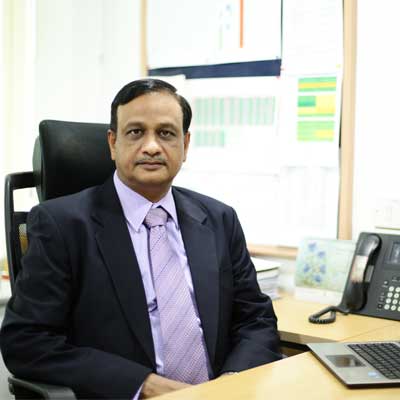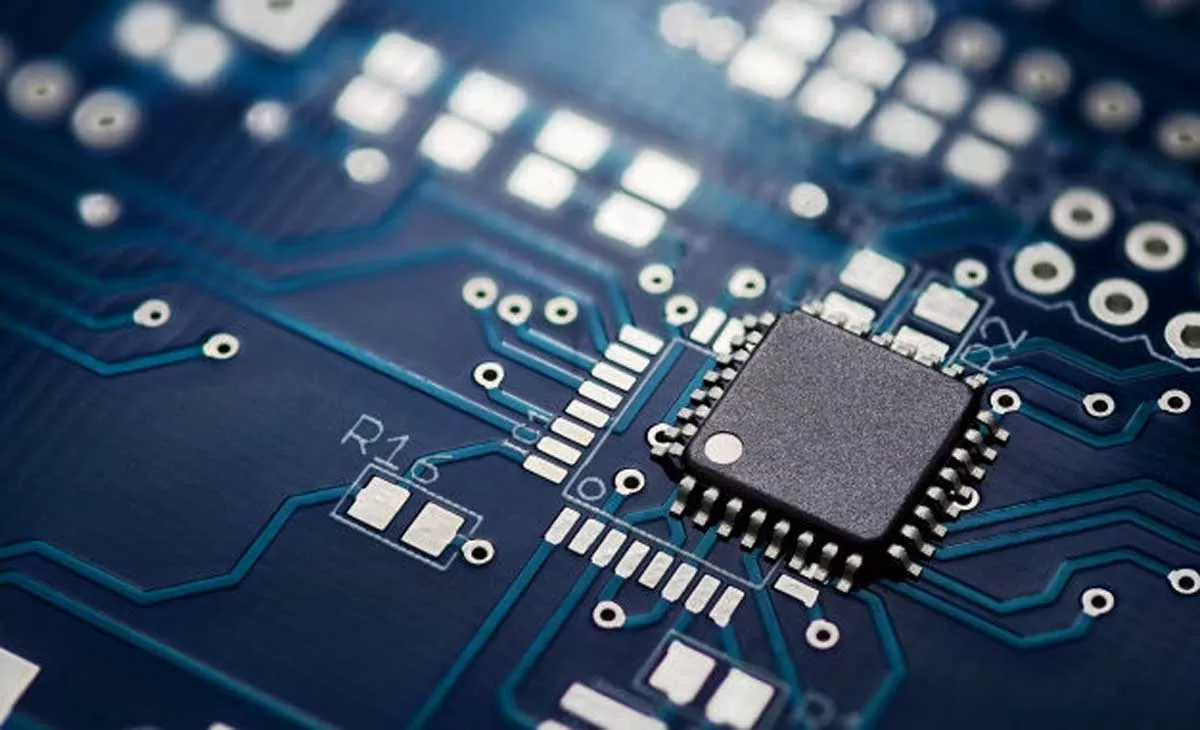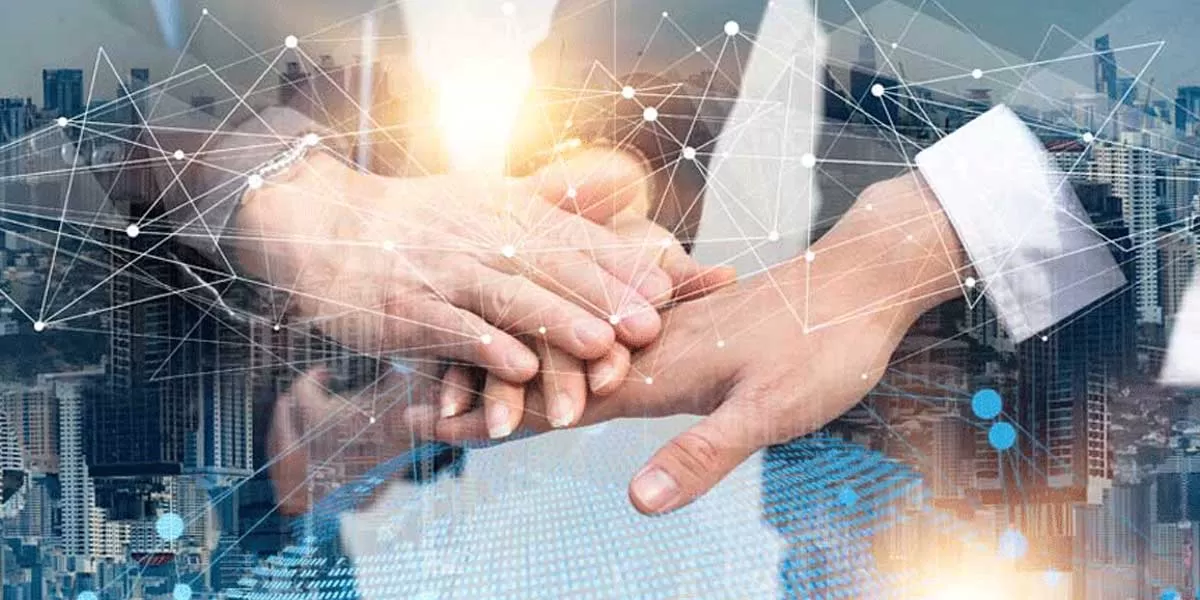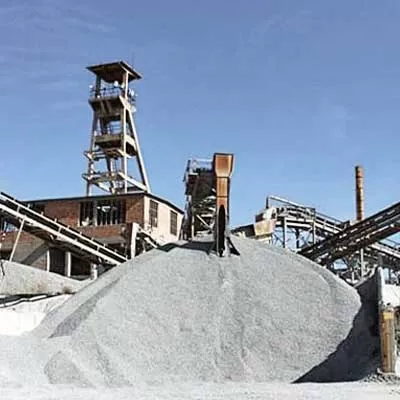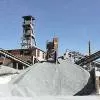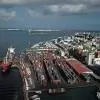The maritime industry is undergoing a technological revolution. This age-old industry which, till the last decade, was cautious in harnessing new technologies, has now taken up all-round modernisation with a vengeance, writes Capt. Rahul Bhargava, Chief Operating Officer, Essar Shipping
The Indian maritime industry is considered the engine of economic development. However, the COVID- 19 outbreak has placed the world into a crisis-like situation, causing unprecedented disruption to economies, global value chain and international trade. No industry or sector has been left unaffected, and that includes the ports and shipping sector as well.
But we need to understand that the pandemic has caused a disruption in the way we function. There is a ‘new normal’ that has come into existence in the way we live our lives and conduct our businesses. The entire situation has urged the use of digital technology as a critical tool in maintaining business continuity.
Technology has been around for a while, and slowly we are seeing every sector adopting digital transformation. Initially, in India, the adaptation had been rather slow, and technology was lurking in the background. The pandemic however has created the opportunity and brought technology to the centre stage.
A not very long time ago, there was a lack of awareness and hesitation regarding the use of digital technologies, IoT, and cloud services. But the way the pandemic presented itself, the transformations required industries to adapt and evolve literally overnight. No one really had the luxury to go through a gradual process.
The maritime industry is undergoing a technological revolution. This age-old industry which, till the last decade, was cautious in harnessing new technologies, has now taken up all-round modernisation with a vengeance. The coronavirus pandemic has accelerated the uptake of digital solutions, tools, and services, speeding up the global transition towards a digital economy.
In this new normal, the maritime sector will have to gear up to different ways of doing business and further pare costs. The infusion on digitisation and advancement of technology enables better customer service, reduces operation costs, improves efficiencies, and ensures environmentally conscious/eco-friendly business operations with faster turnaround of vessels.
Globally, the industry as a whole is exploring and implementing new technologies in all spheres of trade. Digitisation and new developments in artificial intelligence, blockchain, IoT, and automation are becoming more relevant for maritime transport. They help streamline existing processes, create new business opportunities, and transform supply chains. Ports, ships, systems and processes, and allied services are all getting a technological revamp.
The industry’s efforts to digitise are also being aided by start-ups that are creating tech solutions especially for it. Technologies like Robotics, Smart containers, AI, machine learning, the internet of things, drones, and augmented reality are being harnessed to create a safer, efficient, and more productive environment to carry out export and import trade.
Blockchain technology has made the flow of information smoother across businesses, thereby making trade-related activities swifter and more efficient. Though we face many challenges in the implementation of blockchain technology given the industry standards and reforms, adapting to this game-changing technology has become ever more important.
Internet of Things will ensure day-to-day operations get automated and become more efficient with data transferred through sensor technology, enabling real-time container tracking, monitoring, navigation, analytics, optimisation, etc.
Similarly, implementation of automation and ‘datafication’ will minimise human intervention to minimal, or even zero, levels. Usage of automated machinery will undertake and simplify high labour-intensive tasks and manage technology-based interventions, such as e-tolling, e-documentation and paperwork, digital verification, signing up and signing off of crew members, etc.
While many changes are happening in the world of shipping and ports, we are seeing that robotic technology has infiltrated almost every industry in some way or the other. This technology has now turned its tech-eye on the shipping industry. Research institutes and companies in the automobile, transport, tech sectors are collaborating to build robots that can aid in ship management, safety, servicing, and inspection.
Augmented Reality is another technology that can add immense value to the shipping industry. It can optimise cargo planning, aid maintenance and inspection, navigation, connect global teams, and also help in creating awareness about the industry which is not easily accessible to people not connected to it.
All these innovations are revolutionary, and it is exhilarating to witness one of the world’s oldest industries go through a sea of change right before our eyes!
About the author
Profile: Capt Rahul Bhargava comes with an extensive experience of working at ship owner’s desk, headed a broker’s desk and a Charterer’s desk. In his present role, he wears multiple hats of being a ship owner, charterer, and an operator. He is General Council Member of Narottam Morarjee Institute of Shipping, and Chairman of Academic Council. He is also Chairman of ‘Company of Master Mariners’, Navi Mumbai Chapter. He has worked on board ships in several capacities from Cadet to Master until 1994. He left sailing in early 1994 and since then has been in commercial shipping at Essar Steel Ltd, Great Eastern Shipping, Precious Shipping, Bangkok, JM Baxi, JSW Steel ltd and now at Essar Shipping Ltd.
